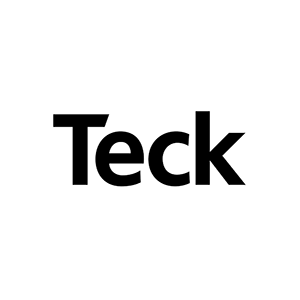 Teck Resources Limited (Teck), Canada’s largest diversified mining company, believes that responsible mining and mineral development are fundamental to long-term success. Named to the Dow Jones Sustainability World Index (DJSI) for five years, in 2011 the company developed a sustainability strategy that set long-term goals through to 2030 and short-term 2015 goals to help achieve their sustainability vision. In 2014 Teck is undertaking a process to define the next set of short-term goals.
Teck Resources Limited (Teck), Canada’s largest diversified mining company, believes that responsible mining and mineral development are fundamental to long-term success. Named to the Dow Jones Sustainability World Index (DJSI) for five years, in 2011 the company developed a sustainability strategy that set long-term goals through to 2030 and short-term 2015 goals to help achieve their sustainability vision. In 2014 Teck is undertaking a process to define the next set of short-term goals.
The company has identified executive-level champions for each focus area in their sustainability strategy with the support of implementation teams made up of business unit leaders, site leaders, site teams and corporate leaders. Implementation plans are integrated into annual site-level plans and the company’s bonus plan structure that has been applied to all business units. Senior leaders review quarterly progress reports.
Teck has a sustainability management system including overarching corporate policies, sustainability management standards, guidelines and site-level policies and procedures. Company-wide sustainability commitments are outlined in a number of policies including:
- Charter of Corporate Responsibility — A set of principles related to business ethics, health, safety, environment and community that govern all operating practices and provides the overarching sustainability governance commitment.
- Code of Sustainable Conduct — The company’s commitment to sustainable development, focusing on aspects such as community and environmental performance.
The Senior Vice President of Sustainability and External Affairs reports directly to the CEO.
The Board’s Safety and Sustainability Committee assists the Board with oversight responsibilities in connection with safety and sustainability and reviews the policies, systems and resources that are in place to implement the company’s safety and sustainability commitments.

Sustainability Governance and Culture
Embed sustainability into governance, business processes, operations, investments, culture and competencies; incentivize sustainable decisions and enable sustainable innovation.
